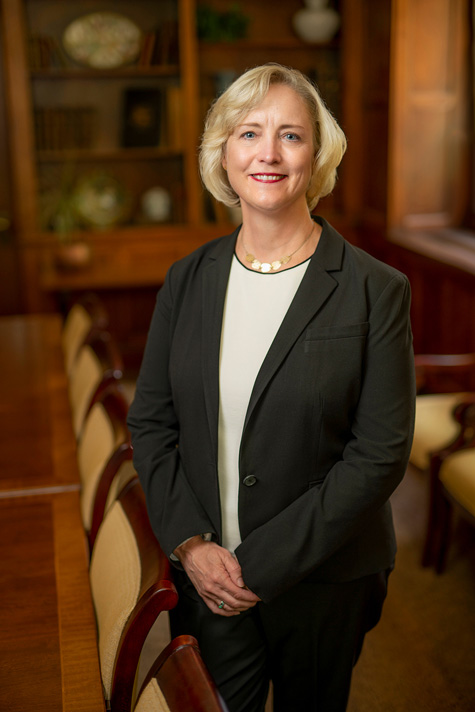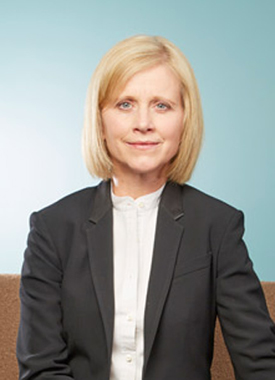Vanderbilt’s schools and colleges have implemented significant initiatives in the past two years to develop faculty, foster inclusion and create new resources for teaching and research. An update published to the COACHE website highlights the more than 70 policy changes and new or expanded programs that have been developed in response to the 2016 Collaborative on Academic Careers in Higher Education, or COACHE, faculty job satisfaction survey.

“The COACHE faculty satisfaction survey is an essential tool to help us identify areas for key investment and improvements in support of our faculty,” Interim Chancellor and Provost Susan R. Wente said. “We share ongoing updates in the interest of being transparent about the work taking place in all schools and colleges and in the Office of the Provost. The faculty are the lifeblood of the university, and I hope all know that your voices are being heard and we will keep listening.”
The items highlighted in the update span the 10 areas of the COACHE survey, which more than 56% of Vanderbilt faculty members completed between February and April 2016. A faculty working group, led by Tracey George, who now serves as vice provost for faculty affairs, and David Owens, professor of the practice of management and innovation, analyzed the results of the survey and released a report of recommendations and findings in September 2017.
Examples of actions taken in response to the survey results and report recommendations include the launch of the Global Vanderbilt web portal to better connect faculty to international opportunities, the development of the Arts and Humanities Rapid Response Micro-Grant fund, and expanded faculty mentoring programs in the College of Arts and Science, Law School, Peabody College of education and human development, School of Engineering, School of Medicine Basic Sciences and School of Nursing. In addition, spaces frequently used by faculty at the Divinity School, Owen Graduate School of Management, Peabody College and Nursing have undergone renovations with improved classrooms as well as meeting, collaboration and office spaces.

“The breadth of action stemming from the COACHE survey is impressive and a testament to Vanderbilt’s support of its faculty,” said George, who is also the Charles B. Cox III and Lucy D. Cox Family Chair in Law and Liberty. “Faculty feedback is critical to the development of future programs to recruit and retain the top-tier scholars we have across the university. This survey demonstrates our commitment to promoting evidence-based initiatives by collecting reliable and meaningful data on faculty opinions and by developing and implementing responsive programs.”
Highlights of action items outlined in the update include:
- the School of Nursing hired a new senior associate dean for research and assistant dean for clinical scholarship to establish processes for additional support and mentoring of junior faculty;
- the School of Medicine Basic Sciences is developing a grant program to support continuity of research by women faculty who take maternity leave;
- Owen established a Diversity and Inclusion Advisory Board comprising faculty, staff and students to develop awareness, engagement and best practices in creating a culture of inclusion and belonging;
- faculty in Arts and Science voted to change the college’s constitution to allow non-tenure-track faculty to both vote for and serve on the Arts and Science Faculty Council and Faculty Senate; and
- Peabody College added a grant manager in each department with significant external funding to better support faculty needs.
In spring 2020, the Office of Planning and Institutional Effectiveness, the Office of Faculty Affairs and the Faculty Senate will partner to conduct a follow-up COACHE faculty survey. The results from this second survey will be used to make further improvements and again build on the commitment to shared governance.
Questions about the survey can be sent to COACHE@vanderbilt.edu.